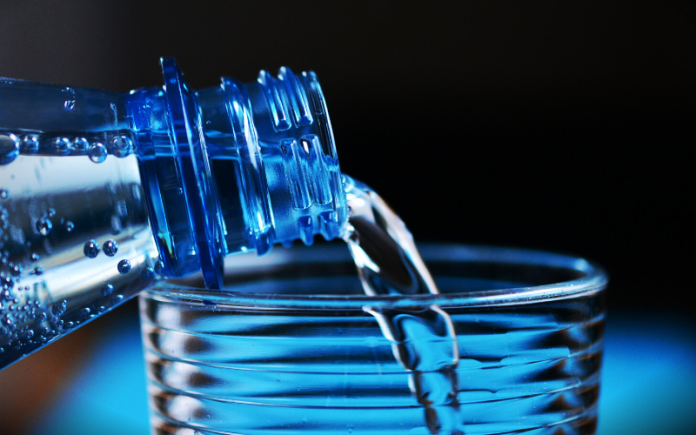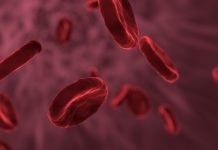The body producing excessive amounts of urine? Making you invariably thirsty and urinate. Chances are we need to get ourselves tested for Diabetes Insipidus. It’s important that we understand the types, causes, symptoms and how to prevent this disease. Diabetes Insipidus is not Sugar Diabetes.
In other words, Diabetes Insipidus and Diabetes (Type 1, Type 2 or Gestational) are Not related.
What is Diabetes insipidus?
Diabetes insipidus (DI) is a rare disease where water balance goes dysfunctional. The body produces excessive diluted urine. It happens when our kidney resists or is unable to produce the hormones (Antidiuretic hormone).
Lack of treatment at the correct stage has serious health consequences causing Kidney disease.
Types of Diabetes insipidus
There are 4 types of Diabetes insipidus
1. Central Diabetes insipidus
It is a condition where the hormone (Vasopressin) is either reduced or absent. CDI is either inherited from parents at birth or acquired later in life.
2. Nephrogenic Diabetes insipidus
When kidneys resist the hormone AVP (Arginine Vasopressin) completely or partially. Symptoms of Inherited NDI show at birth. If your Diabetes Insipidus is acquired, symptoms develop in adulthood.
3. Dipsogenic Diabetes insipidus
In this type, the body has problems controlling thirst. Dipsogenic DI occurs due to the presence of a tumour, head injury, infection or surgery.
4. Gestational Diabetes insipidus
As the name suggests, this condition appears in women during pregnancy. The mother’s placenta creates an enzyme that resists Vasopressin. This condition is temporary. But sometimes treatment required for the mothers after child-birth.
Causes
Can be Hereditary Or Acquired
- Acquired causes of DI include the usage of a certain type of medicine for kidney disease.
2. A complication associated with pregnancy may also cause Diabetes Insipidus. In such cases, NDI is temporary (like Gestational Diabetes). Women with Gestational DI need treatment after delivery.
3. Abnormal increase or growth in the Pituitary gland or Hypothalamus can also cause Diabetes Insipidus.
4. Certain Cancers
5. Kidney Problems
Signs & Symptoms of Diabetes insipidus include
- Excessive thirst (chronic even) for cold water or icy water, also known as Polydipsia.
2. Large amounts of urine (up to 20 litres) produced in a day, known as Polyuria.
3. Waking up at night to urinate, resulting in disturbed sleep and loss of water from the body.
4. Dehydration due to DI makes patients seem confused.
5. In the case of Infants and children:
Symptoms include
– Vomiting
– Fever
– Bedwetting
– Constipation
– Weight loss
– Troubled sleep etc.
Complications
1. Dehydration
Dry mouth, thirst, Fatigue and change in skin elasticity.
2. Electrolyte Imbalance (Mineral and Fluid imbalance)
Causing fatigue, muscle cramps, nausea, confusion etc.
If not addressed on time, complications involve repeated episodes of severe dehydration.
Who are the most affected by Diabetes insipidus?
- The inherited form of DI usually affects males. Females may carry the X-linked type and develop mild symptoms. Women can pass it on to their male child.
It is also found that men do not inherit Diabetes insipidus from their fathers.
2. Acquired forms of Diabetes Insipidus affect males and females in equal proportions.
The symptoms of Diabetes insipidus can begin at any age, without any warning signs.
Fact About Diabetes insipidus
The acquired form of NDI is more common than the inherited forms. Approximately 55% of individuals on long-term lithium therapy develop NDI.
Prevention & Cure
Unlike Diabetes Type 1 or Type 2, DI is not a diet/ lifestyle disease.
We cannot prevent Diabetes Insipidus, as we develop the condition due to other health issues. But we can manage it by taking certain steps.
- In case of abnormal growth in Pituitary Gland or Hypothalamus, doctors can remove it.
- The patient can suck on ice chips to increase saliva and quench their thirst.
- If your DI is due to kidney problems then your doctor may ask you to reduce the amount of salt in your diet.
- For Central and pregnancy-related DI, medicines are the cure.
Whichever the case, consult your doctor before taking the right step.
If you found this blog helpful then do share in the comment section below.
Click here to read more blogs on Diabetes.








